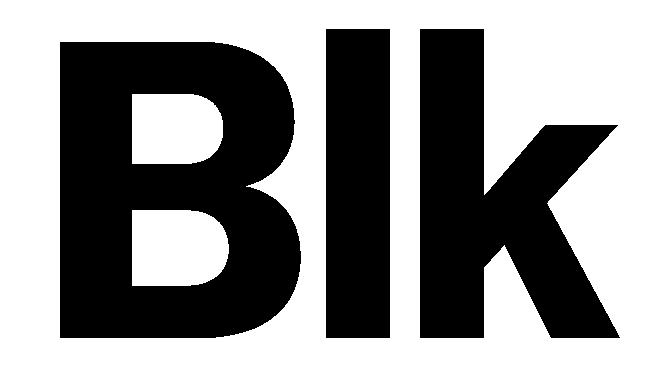In today’s fast-paced world, maintaining a professional lifestyle is essential for success in both personal and professional endeavors. From managing work responsibilities to nurturing personal relationships and self-care, striking a balance between various aspects of life is crucial.
Cultivating Work-Life Balance and Effective Time Management:
Achieving a healthy work-life balance is paramount for maintaining a professional lifestyle. While career aspirations are important, it’s equally vital to prioritize personal well-being and leisure activities. Establishing clear boundaries between work and personal life helps prevent burnout and enhances overall satisfaction and productivity.
Effective time management is a cornerstone of maintaining a professional lifestyle. Prioritize tasks based on urgency and importance, utilizing tools such as to-do lists, calendars, and scheduling apps to stay organized and focused. Set realistic goals and deadlines, breaking down larger projects into manageable tasks to avoid feeling overwhelmed.
Consistently evaluating time allocation and identifying areas for improvement can help refine time management skills and enhance productivity. By allocating time efficiently and prioritizing tasks effectively, individuals can optimize their workday and create space for personal pursuits and relaxation.
Continuous Learning and Skill Development:
In today’s competitive job market, continuous learning and skill development are essential for staying relevant and advancing in one’s career. Embrace opportunities for professional development, whether through formal education, online courses, workshops, or networking events.
Stay updated on industry trends and advancements, seeking opportunities to expand knowledge and acquire new skills. Actively seek feedback from mentors, peers, and supervisors to identify areas for improvement and professional growth. By investing in continuous learning, individuals can enhance their professional expertise and remain competitive in their respective fields.
Effective Communication and Collaboration:
Effective communication is vital for maintaining professional relationships and fostering collaboration in the workplace. Practice active listening and clear, concise communication when interacting with colleagues, clients, and superiors. Foster open and transparent communication channels, encouraging feedback and constructive dialogue to resolve conflicts and address concerns.
Cultivate a collaborative work environment where ideas are freely exchanged, and teamwork is valued, fostering a sense of camaraderie and mutual respect among colleagues. Leverage technology and communication tools to facilitate remote collaboration and maintain connectivity in today’s digital workplace.
Self-Care and Well-being:
Prioritizing self-care and well-being is essential for maintaining a professional lifestyle. Make time for regular exercise, adequate sleep, and healthy eating habits to ensure physical and mental well-being. Incorporate relaxation techniques such as meditation, yoga, or mindfulness practices to reduce stress and promote overall wellness.
Engage in hobbies and activities that bring joy and fulfillment outside of work, nurturing personal interests and passions. Establishing boundaries between work and personal life, and learning to say no to excessive demands, is crucial for preventing burnout and maintaining overall well-being.
Adaptability and Resilience:
In today’s rapidly evolving work environment, adaptability and resilience are indispensable qualities for maintaining a professional lifestyle. Embrace change and uncertainty with a positive mindset, viewing challenges as opportunities for growth and development.
Cultivate resilience by building coping mechanisms and developing problem-solving skills to navigate setbacks and obstacles effectively. Embrace a growth mindset, seeking opportunities for learning and self-improvement in every situation.
Networking and Relationship Building:
Networking and relationship building are essential components of a professional lifestyle. Cultivate professional connections and foster meaningful relationships with colleagues, mentors, and industry peers. Attend networking events, conferences, and industry gatherings to expand your professional network and stay connected with industry trends and opportunities.
Invest in building strong relationships with clients, customers, and stakeholders by delivering exceptional service and demonstrating reliability and integrity. Maintain open lines of communication and strive to exceed expectations, building trust and rapport with key stakeholders.
Takeaway:
Maintaining a professional lifestyle requires a multifaceted approach encompassing work-life balance, effective time management, continuous learning, effective communication, self-care, adaptability, resilience, networking, and relationship building. By implementing these strategies and cultivating healthy habits, individuals can thrive both personally and professionally, achieving long-term success and fulfillment in all aspects of life. With dedication, discipline, and a commitment to growth, individuals can maintain a professional lifestyle while pursuing their goals and aspirations.







